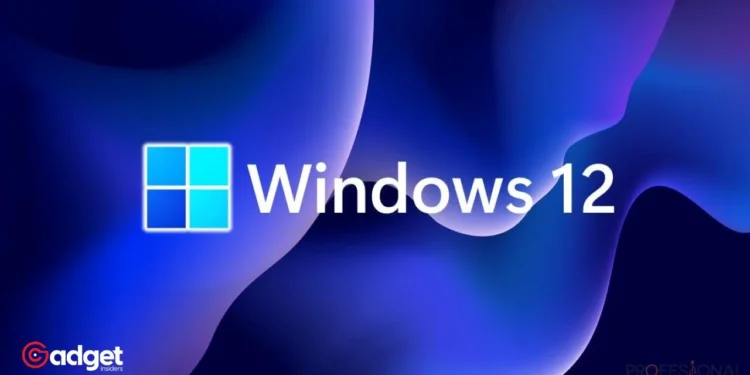Microsoft’s journey with Windows 11 has been a rollercoaster of highs and lows. Despite its ambitious launch, the operating system hasn’t quite hit the mark it aimed for. Now, with whispers of Windows 12 on the horizon, the tech community is abuzz with speculation. Will it be the saving grace PC makers are yearning for, or merely an olive branch extended in response to the lukewarm reception of Windows 11?
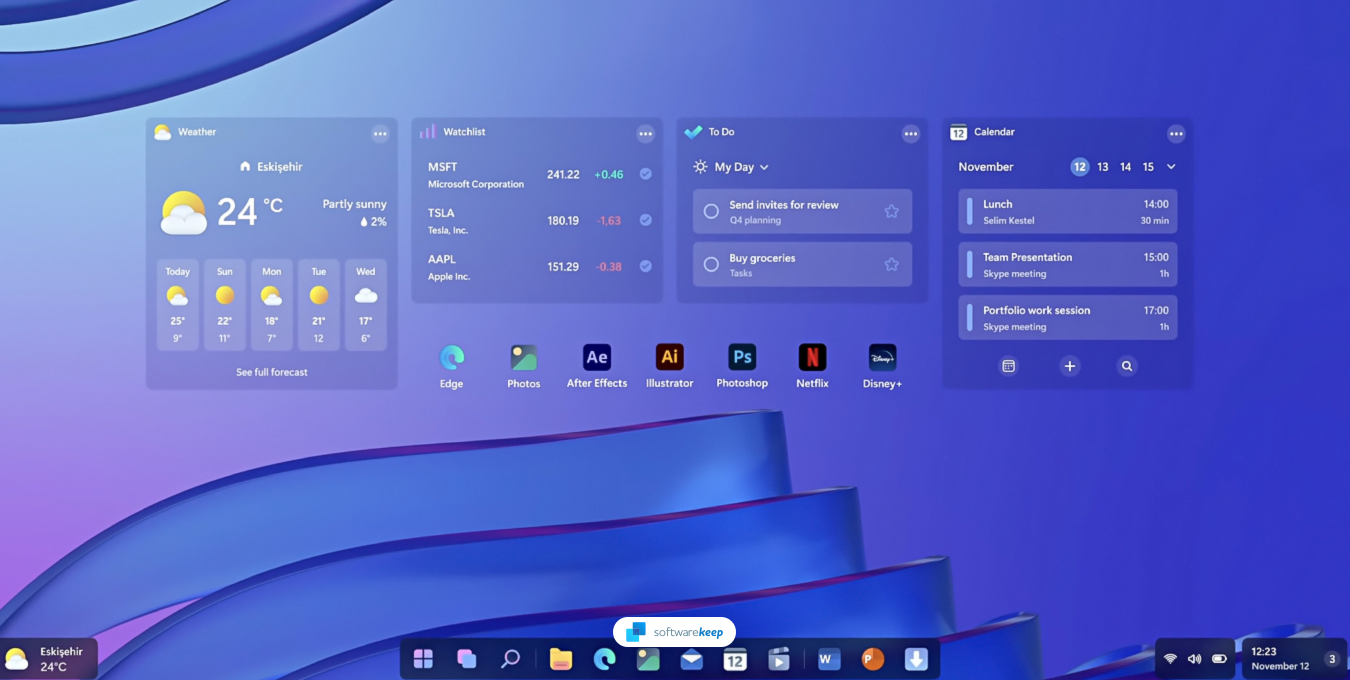
Windows 11: A Hiccup in Microsoft’s Legacy
Recent figures paint a stark picture of Windows 11’s performance in the market. The lack of enthusiasm is palpable, especially with the looming end of support for Windows 10, a version still dominant in the market. Microsoft’s attempt to usher in a new era with Windows 11 seems to have backfired, leading to a situation where the OS lags behind its predecessor in terms of adoption. The root of this problem? Perhaps it lies in Windows 11’s stringent hardware requirements. The expectation that customers would upgrade their hardware to accommodate the new OS has fallen flat. Instead, many have clung to Windows 10, viewing Windows 11 as a misstep that strained relations between Microsoft and its loyal customer base.
The Potential Redemption: Windows 12
Amidst the turmoil, there’s a beacon of hope for Microsoft and PC makers: Windows 12. The upcoming OS is being eyed by Microsoft’s hardware partners as a potential game-changer. The introduction of AI-enabled PCs is a pivotal strategy that might tip the scales in Microsoft’s favor. This move, paired with the increasing influence of Arm in the PC market, suggests a significant shift in strategy for Microsoft. The anticipated arrival of Windows 12 in 2024 aligns with historical release patterns and recent reports of Windows 11 24H2 sightings in logs. This upcoming version might mark a turning point, especially with the integration of Windows on Arm and the increased emphasis on AI.
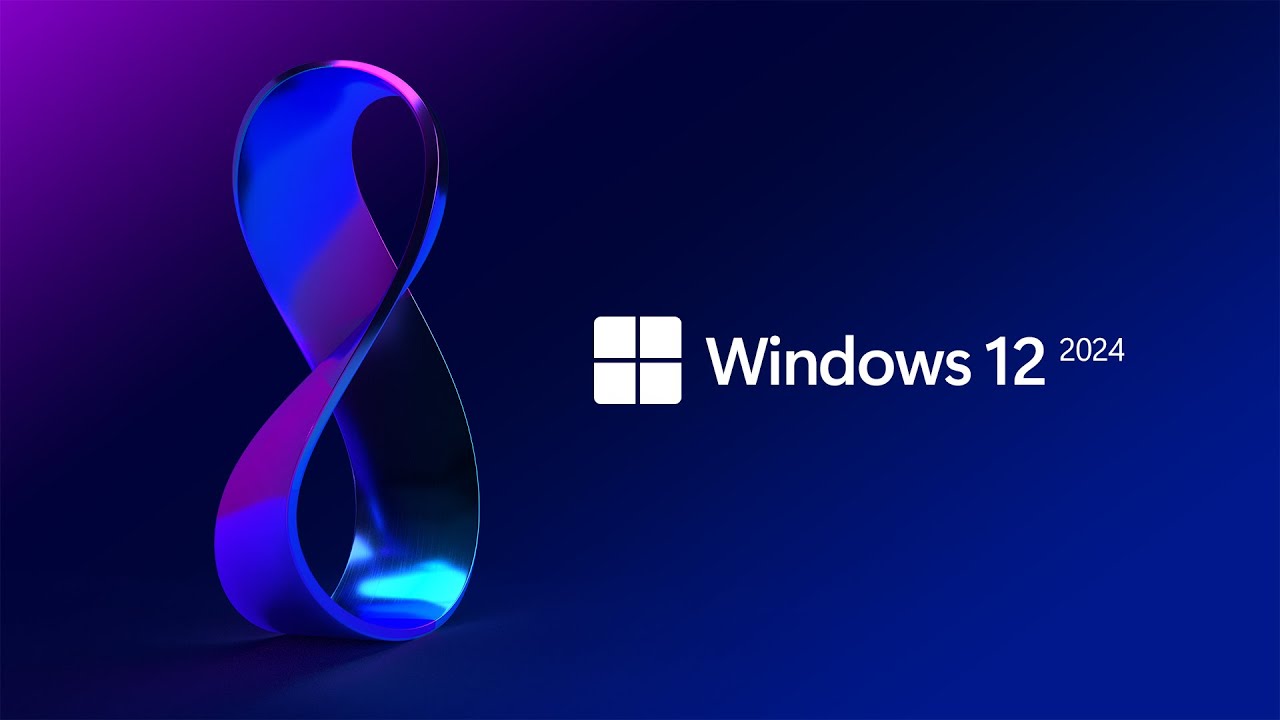
AI: The New Frontier for Microsoft
Microsoft’s investment in AI technology is no secret. With the introduction of Copilot in Windows, the company is signaling a shift towards a more integrated, AI-driven user experience. Dan Coleby, director of Client Technology Value at Microsoft “Solution Partner” Advania, highlights the unique capabilities of Microsoft Copilots in enhancing user interaction with Windows features. However, realizing the full potential of AI on the desktop requires robust hardware support. Here’s where Microsoft’s partners come into play, eager to provide the necessary infrastructure to make Windows 12 a success – something Windows 11 couldn’t achieve.
Windows 12 will be released this year. Here is a cool Windows 12 concept. (Courtesy: AR 4789 – YT) pic.twitter.com/osW0IAJOKH
— Techverse (@intechverse) January 16, 2024
The Road Ahead for Windows 12
Windows 12 might debut in two phases: an initial release focusing on Arm hardware compatibility, followed by a version optimized for AI PC hardware. This strategic rollout could catalyze a new wave of hardware upgrades, reigniting interest in the Windows ecosystem.
Ranjit Atwal, research director at Gartner, tempers expectations, noting that while AI hardware may be ready, the accompanying software might not be transformative enough for immediate widespread adoption. Yet, the promise of Windows 12 remains significant. It’s set to offer more than just superficial improvements over Windows 11, with Copilot for Windows being a prime example of its advanced capabilities. This represents a marked departure from Windows 11, a release that demanded new hardware without delivering proportional benefits. With less than a year of support remaining for Windows 10 by October 2024, the stage is set for Windows 12 to shine.
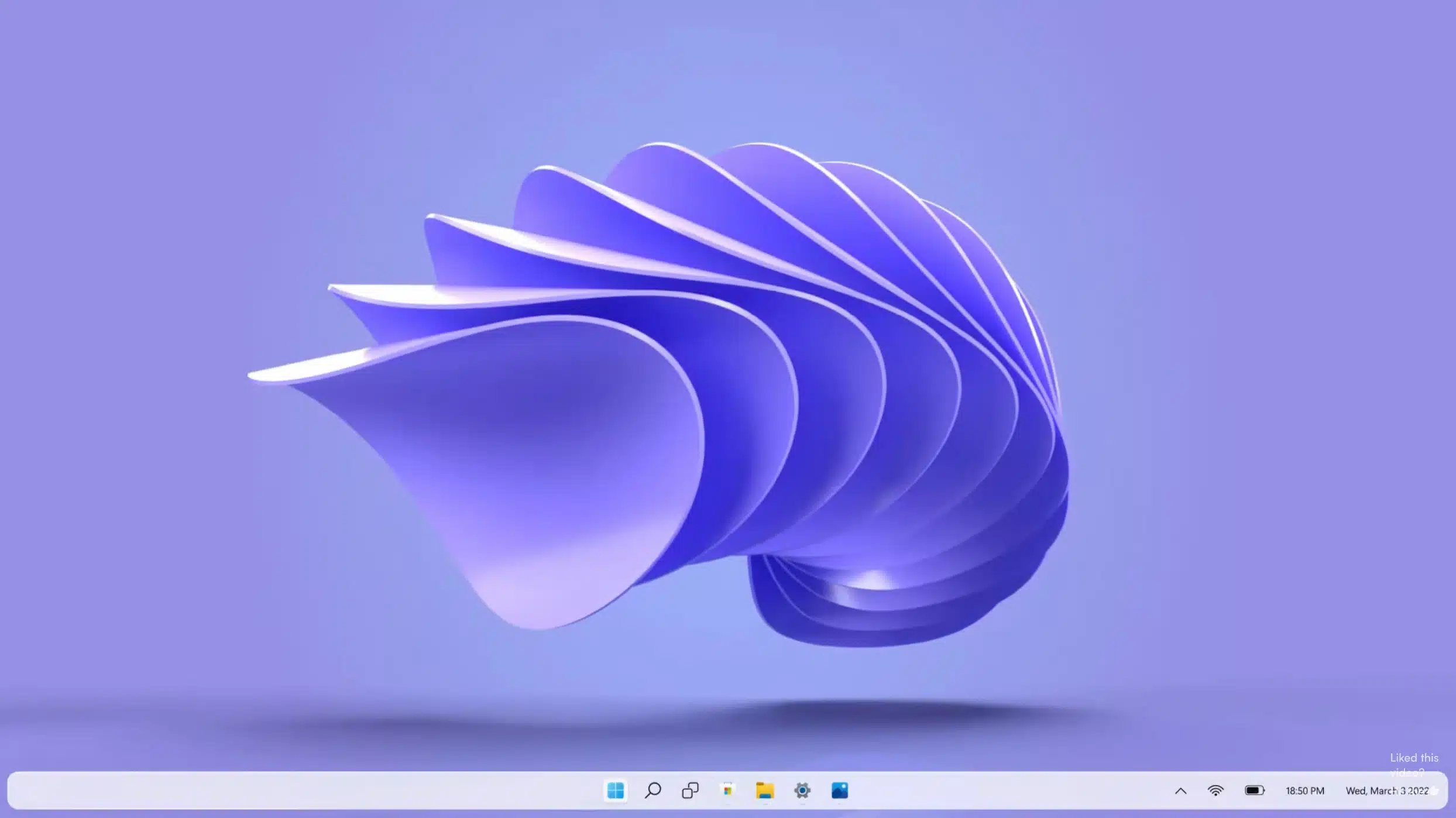
Coleby emphasizes the reluctance of both businesses and consumers to move away from Windows 10, citing
minimal differences in capabilities with Windows 11. However, Windows 12, armed with Copilot, is poised to offer a distinct and more advanced user experience. This could be the catalyst needed for a broader acceptance and migration to the new OS.
Conclusion: Windows 12 – A New Chapter or a Familiar Tale?
As Microsoft gears up for the release of Windows 12, the tech world watches with bated breath. Will it be a revolutionary product that redefines the PC market, or will it follow in the footsteps of its predecessor, offering too little, too late? One thing is certain: Microsoft is not holding back in its efforts to innovate and push boundaries. The incorporation of AI and new hardware compatibility signals a fresh approach, one that might just reinvent the Windows experience for users worldwide.
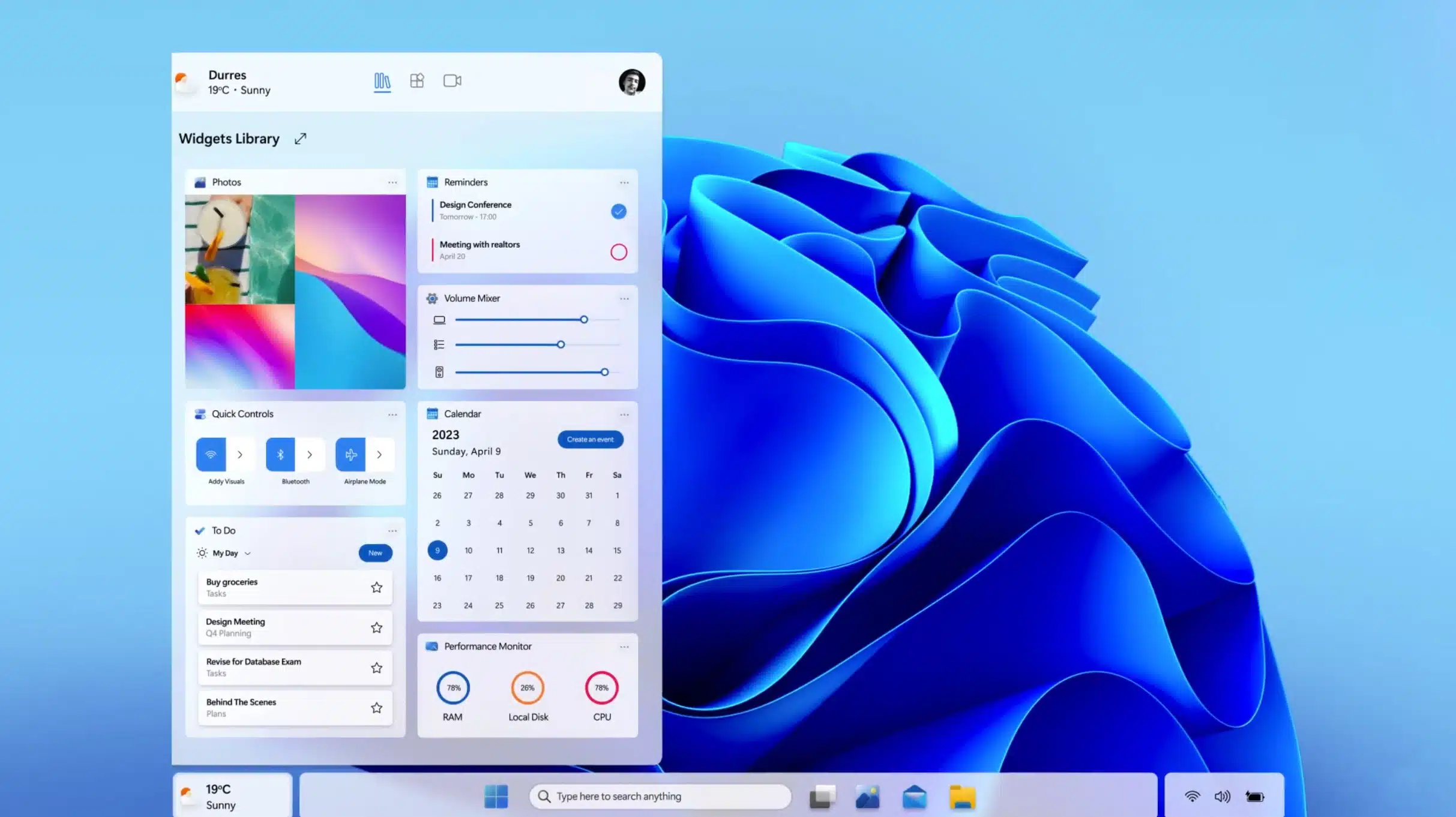
As we edge closer to the release date, the questions surrounding Windows 12 continue to swirl. Will it be the savior that PC makers are hoping for or just a well-crafted apology for the shortcomings of Windows 11? The answers lie just over the horizon, and the tech community awaits with eager anticipation.

